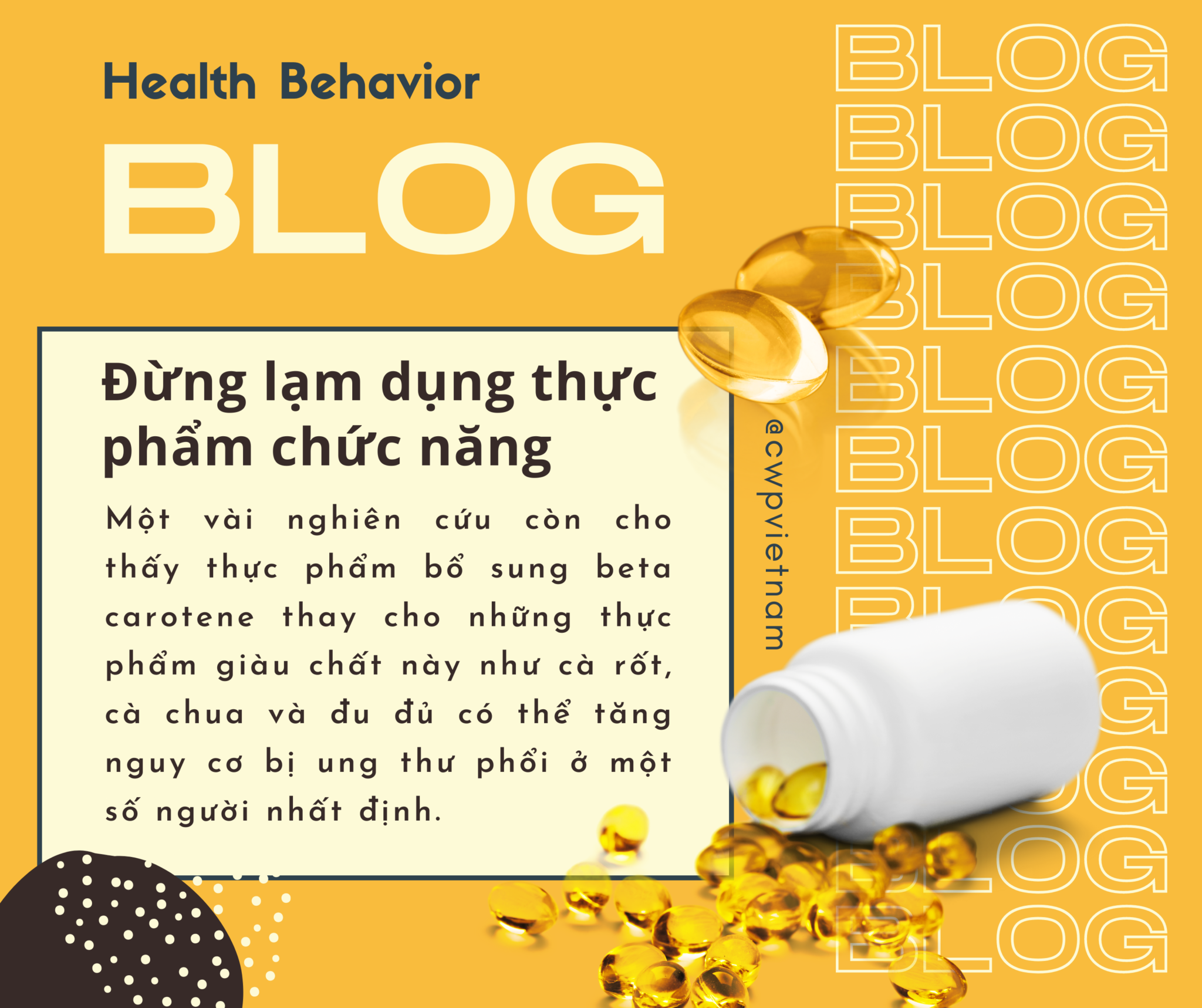Prevention is better than cure.
8 tips about food that you should apply today to prevent cancer
11. Beans
Not only magical in Jack’s fairy tale, beans are also a miraculous food in fighting cancer. Legumes contain flavonoids and other substances that help protect the body’s cells from damage that leads to cancer. In experiments, these substances have the ability to slow down the growth of tumors and prevent them from releasing toxins into our body. According to a study by the American Institute for Cancer Research, an adult only needs to consume 64g of beans per day (equivalent to 10g of fiber) to reduce the risk of breast cancer by 5%. Similarly, if you consume 20g of fiber, the risk of breast cancer will be reduced by up to 10%, and so on. (2)
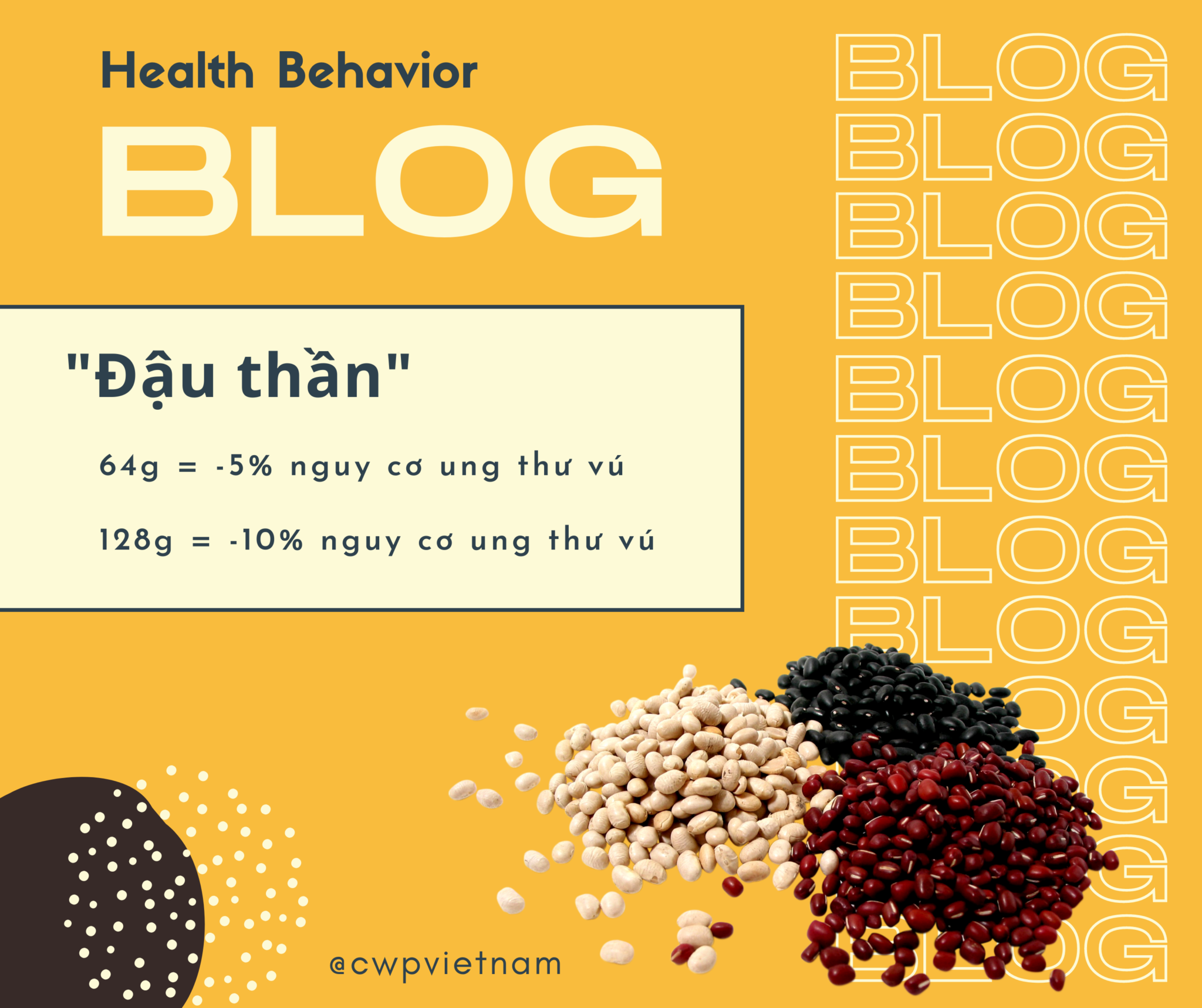
12. Cruciferous plants
Cruciferous vegetables including broccoli, cauliflower, cabbage, cabbage, watercress, bokchoy and several others are not only delicious and nutritious, but also have great effects to help our body fight against cancers such as colon cancer, breast cancer, lung cancer and cervical cancer.
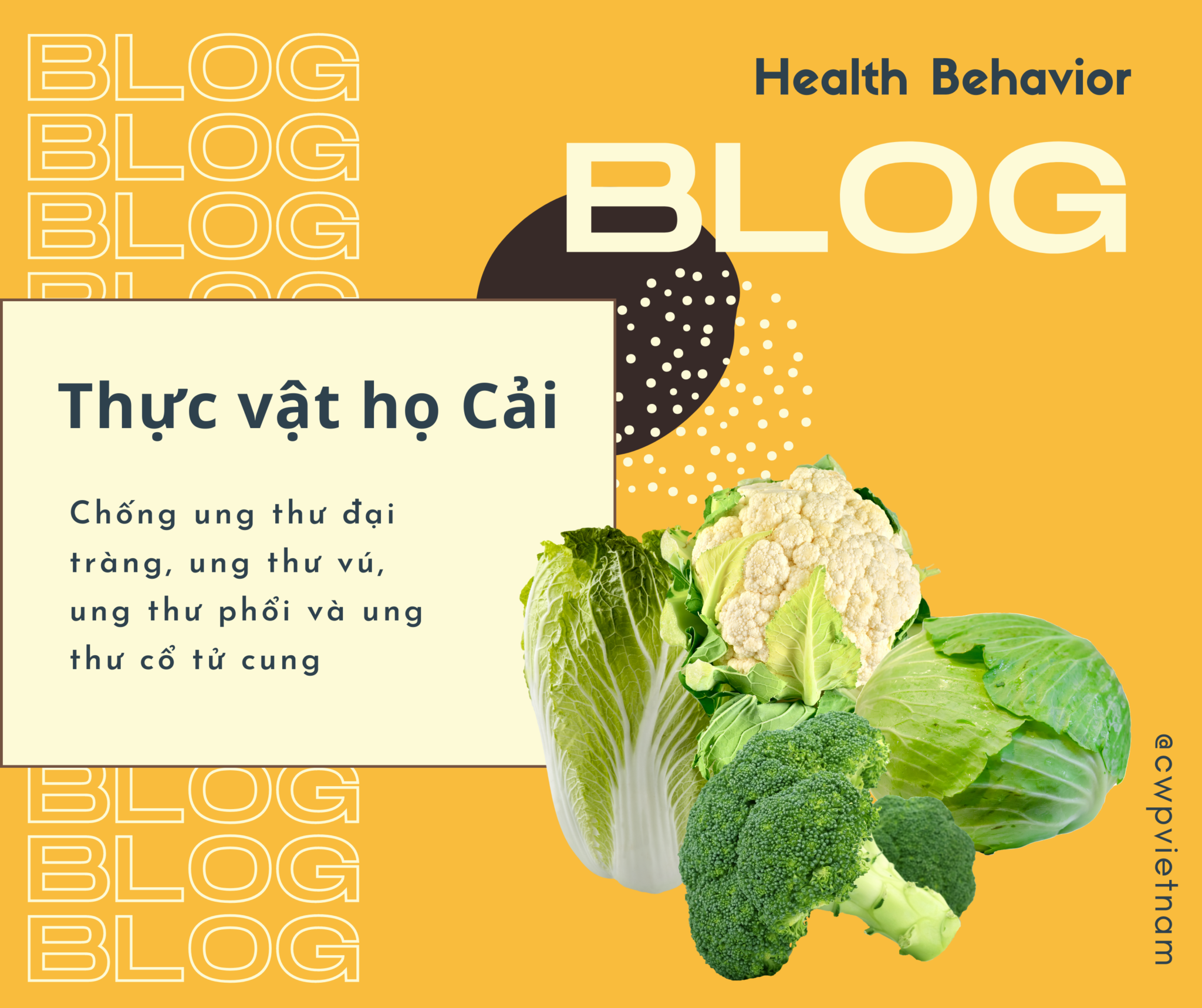
13. Dark green leafy vegetables
Dark green leafy vegetables like mustard greens, lettuce, kale (in salads), spinach, etc. have a lot of fiber, vitamin B9 and carotenoids, which can help protect us against cancers such as gastrointestinal and respiratory cancers like oral cavity cancer, larynx cancer, pancreatic cancer, lung cancer, skin cancer and stomach cancer.
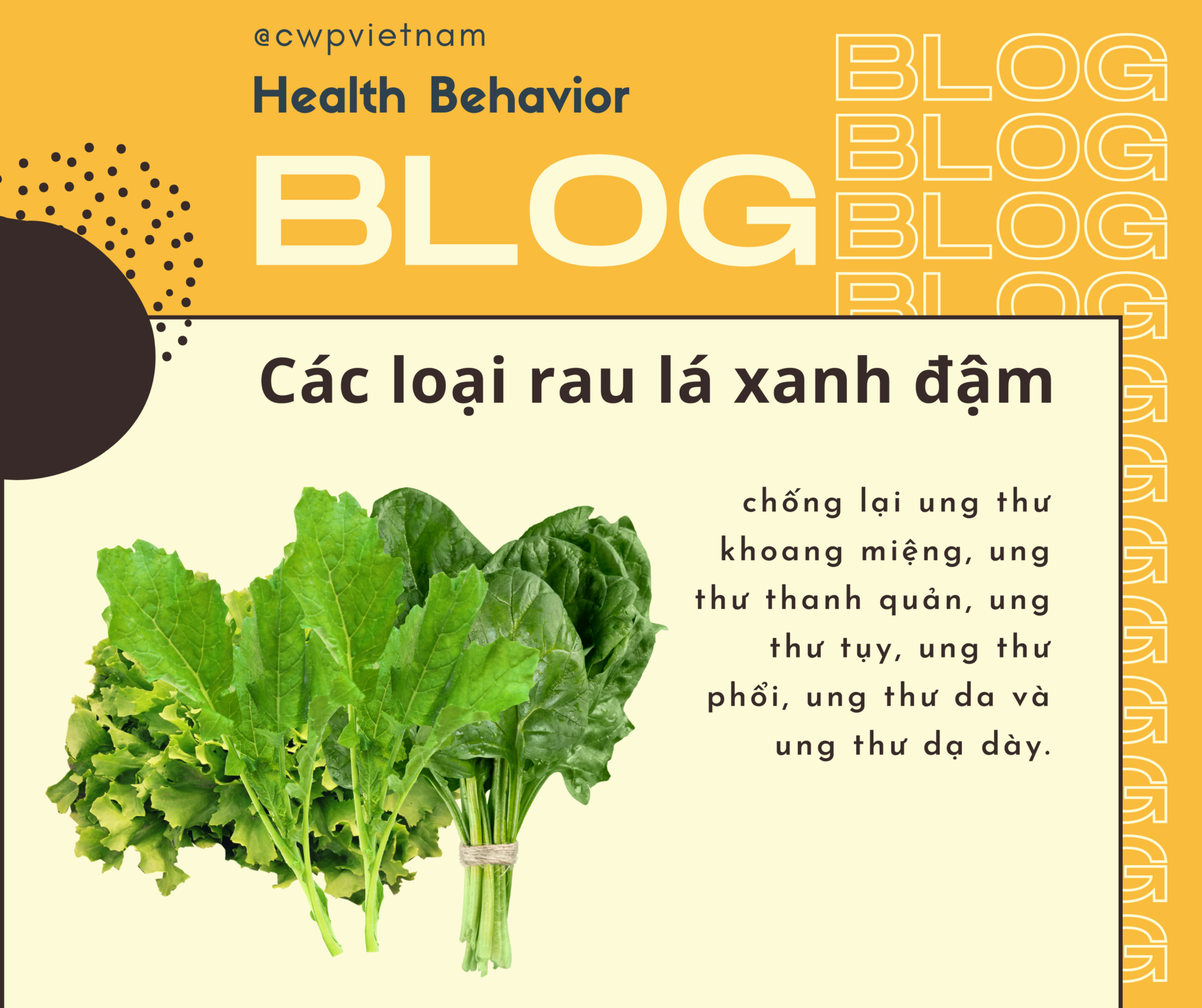
14. Curcumin
Curcumin is the main ingredient in turmeric and a potential anti-cancer agent. Laboratory studies show that it can block the transformation, proliferation, and invasion of cancer cells for a wide range of cancers. A 2020 study in the BMC Cancer journal demonstrated that curcumin reduced the side effects of chemotherapy and radiation therapy in cancer patients. (3)
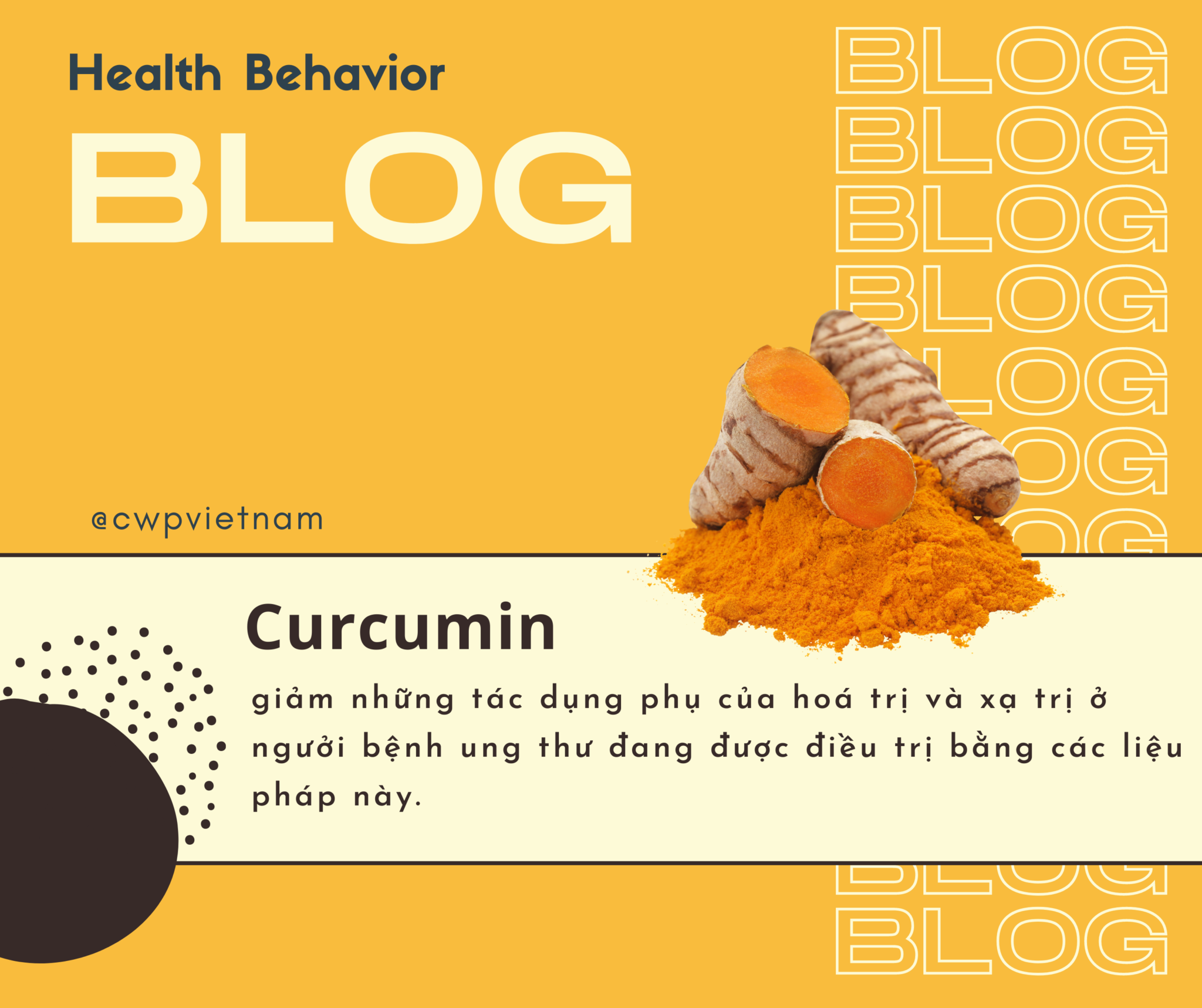
15. Food preparation methods (also very important!)
The way you cook meat can create varying degrees of cancer risk. Meats that are fried, grilled and smoked at very high temperatures form chemicals that can increase the risk of cancer. Other cooking methods such as stewing, braising or steaming seem to produce less of those chemicals. And don’t forget to add a lot of healthy vegetables when making these dishes!
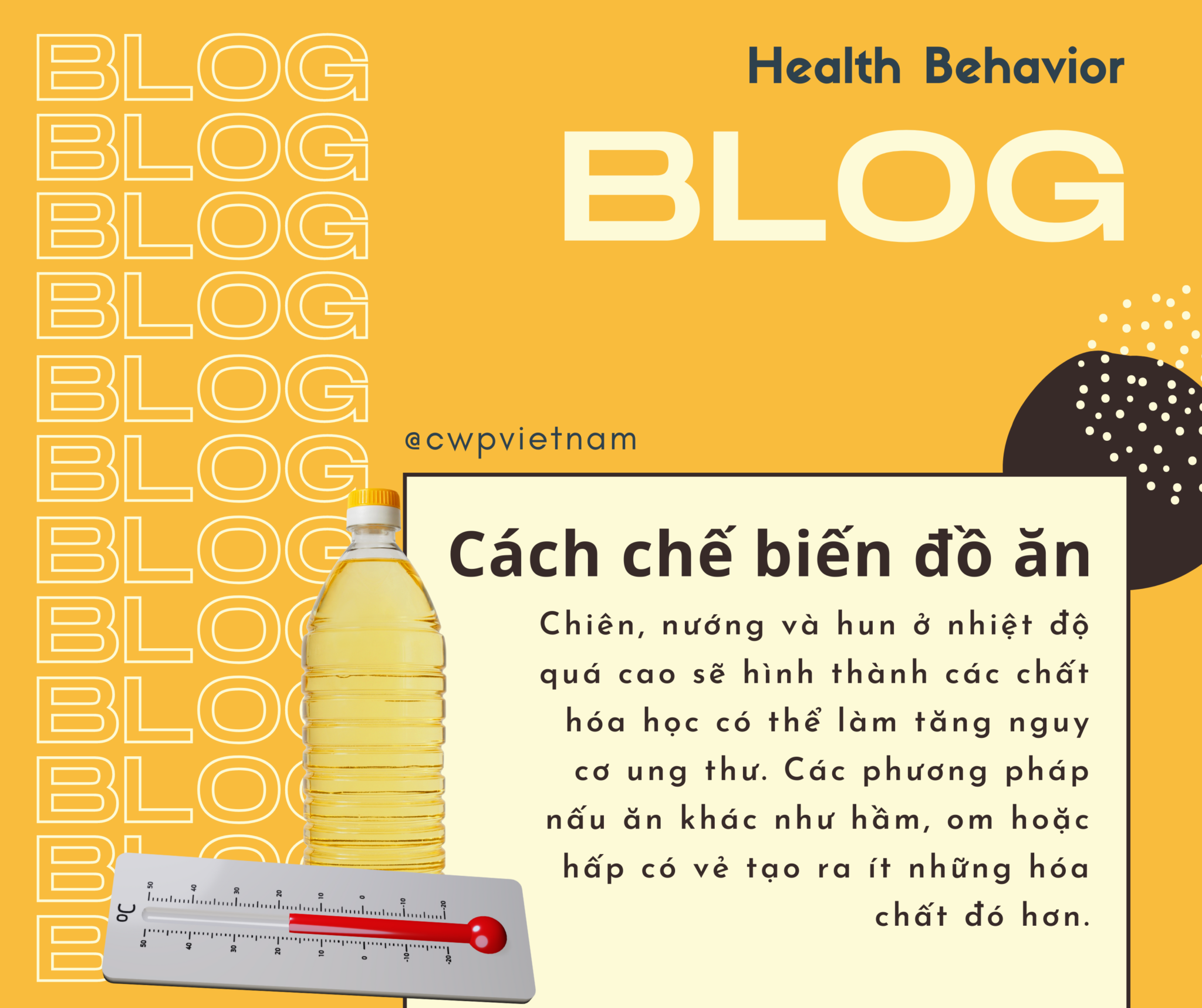
16. Berries
Berries such as strawberries, raspberries, and blueberries have a chemical called ellagic acid. This is a powerful antioxidant that fights cancer in various ways such as neutralizing certain carcinogens and slowing the growth of cancer cells. In addition, according to the American Institute for Cancer Research, substances in strawberries such as vitamin C, vitamin B9 and flavonoids and fiber help our body to prevent colorectal cancer. (4)

17. Sugar consumption restrictions
While not directly causing cancer, sugars can alter other nutrient-rich foods that help protect us from cancer. In addition, sugar increases the number of calories we consume, causing overweight and obesity which increases the risk of cancer, as excess weight is also a risk factor for this disease. Instead of eating sugar, eat sweet fruits instead.

18. Don’t overly rely on dietary supplements
Vitamins can help protect our bodies from cancer, but they are only effective when absorbed naturally from food. Both the American Cancer Society and the American Institute for Cancer Research emphasize that it’s far better to get cancer-fighting nutrients from foods like nuts, fruits, and green vegetables than from supplements. Some studies even suggest that taking beta carotene supplements in place of foods rich in them, such as carrots, tomatoes, and papaya, may increase the risk of lung cancer in certain people. (5)
